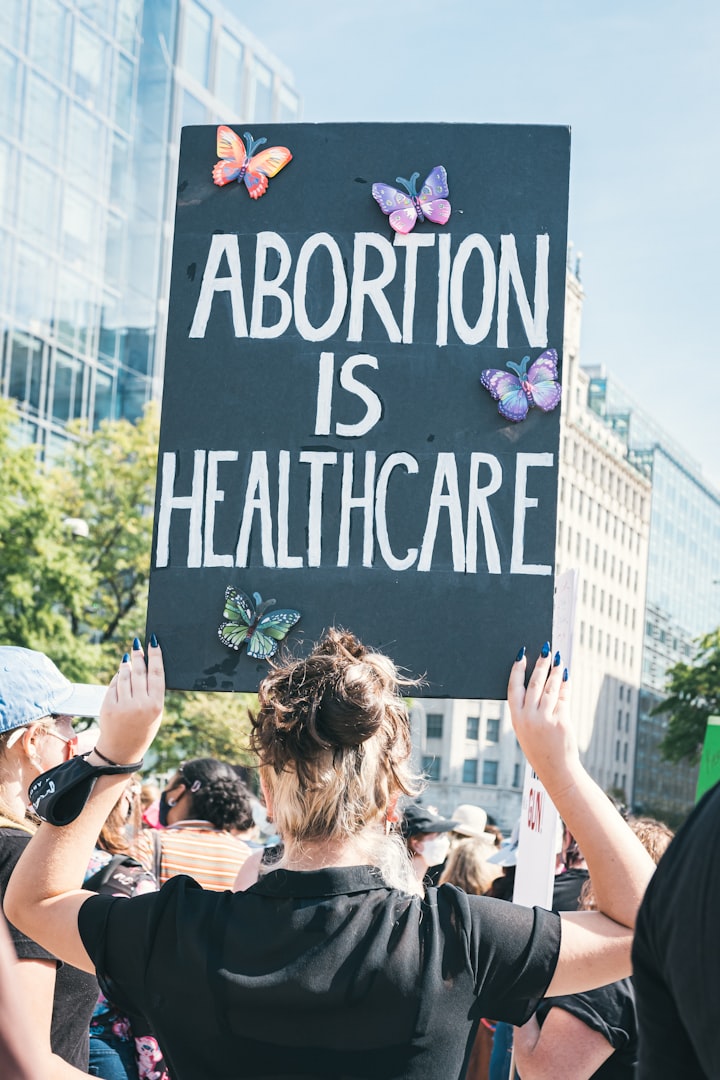Is Endometriosis and Abortion a Causal Relationship?
Can endometriosis and abortion affect each other?

Endometriosis is present in many women's bodies, and some ectopic locations have little impact on their health and do not cause symptoms of the disease, so treatment is not necessary.
However, if endometriosis is ectopic to the myometrium to form adenomyosis, or ectopic to the ovary and other important organs, then endometriosis will be particularly harmful, which will pose a certain threat to embryonic development, and seriously will lead to embryo termination or infertility.
What is the relationship between endometriosis and abortion?
Endometriosis can significantly affect fertility, making it more challenging for some women to conceive. The severity and location of endometriosis lesions can impact fertility potential.
Despite the challenges of conceiving, women with endometriosis may still experience unplanned pregnancies. Factors such as hormonal treatments, inconsistent symptoms, or a mistaken belief that pregnancy is not possible can contribute to unexpected pregnancies.
When to consider abortion?
The decision to have an abortion is deeply personal and depends on various factors, including individual circumstances, health considerations, and personal beliefs. It is important to approach this decision with compassion and respect for the woman's autonomy.
Women with endometriosis may face additional considerations when deciding on an abortion. The potential impact of hormonal changes, surgical interventions, or emotional distress associated with abortion should be taken into account.
Although induced abortion causes such great harm to the body of female friends, there are still people who have to terminate their pregnancy and undergo induced abortion due to certain reasons. How to minimize the harm after induced abortion is a consideration at this time.
1. Timely supplementation of nutrients: After induced abortion, the body is very weak and should eat more protein and vitamin rich foods, such as fresh fish, tender chicken, lean pork, vegetables, and fruits, to supplement the necessary nutrients for the body. At the same time, avoid raw, cold, and spicy food.
2. Pay attention to personal hygiene: Within two weeks after artificial abortion, one should not take a pelvic bath to prevent bacterial infection. It is recommended to clean the external genitalia with clean water every day as much as possible; Sexual activity must be prohibited for a month.
3. Rest for about two weeks: Try to stay in bed for 3-5 days after the surgery, and avoid engaging in physical labor or intense physical exercise within two weeks.
4. Do not come into contact with cold water: After induced abortion, the body is relatively weak and has poor resistance to the outside world. Using cold water is not conducive to recovery.
How to treat endometriosis?
If a woman is undergoing or planning to undergo treatment for endometriosis, it is crucial to discuss the implications of abortion with her healthcare provider. Some treatment options may need to be postponed or adjusted to accommodate the procedure.
After an abortion, individuals with endometriosis may require specific follow-up care. This can involve managing pain, monitoring hormonal changes, and addressing emotional well-being. Open communication with healthcare providers is essential for comprehensive post-abortion care.
Endometriosis-related pain can persist even after an abortion. Exploring pain management strategies, such as nonsteroidal anti-inflammatory drugs (NSAIDs) or hormonal treatments, may be necessary to alleviate symptoms.
Hormonal treatments, such as hormonal contraceptives or gonadotropin-releasing hormone (GnRH) agonists, are commonly used to manage endometriosis. Healthcare providers can guide women on the appropriate timing and methods of contraception post-abortion.
The decision to have an abortion can be emotionally challenging, regardless of whether a woman has endometriosis. It is crucial to have a support network in place, including trusted friends, family, or professional counselors who can provide guidance and understanding.
Engaging with support groups or online communities specific to endometriosis and abortion can offer a safe space for individuals to share experiences, seek advice, and find emotional support.
In summary, there is a certain causal relationship between endometriosis and abortion. The strong negative pressure suction caused by abortion can easily cause the endometrium to spread to the abdominal cavity through the fallopian tubes, forming endometriosis. Endometriosis is a disease in which tissue similar to the endometrium grows outside the uterine cavity, causing severe pelvic pain and making pregnancy more difficult.
About the Creator
Amanda Chou
Looking to restore your life troubled by prostatitis, epididymitis, seminal vesiculitis and other male reproductive system diseases? Here are the resource to help you in this endeavor.






Comments
There are no comments for this story
Be the first to respond and start the conversation.